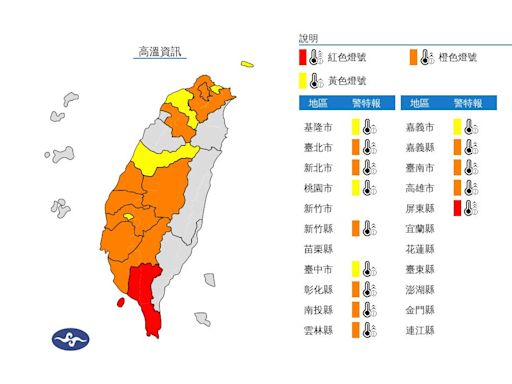搜尋結果
高溫 • (goon) (hangeul 고온) Hanja form? of 고온 (“ high temperature, high heat ”).
This page was last edited on 24 June 2023, at 11:12. Definitions and other text are available under the Creative Commons Attribution-ShareAlike License; additional ...
3 天前 · There seem to be two main semantic fields: "bull" and "single; unique". It is unclear whether these two fields are related. Schuessler (2007) suggests a possible derivation of "bull" from "match", but "bull" seems to be the earlier sense. * Parentheses "()" indicate
- Translingual
- Chinese
- Japanese
- Korean
- Vietnamese
Han character
報 (Kangxi radical 32, 土+9, 12 strokes, cangjie input 土十尸中水 (GJSLE), four-corner 47447, composition ⿰幸𠬝)
Glyph origin
Ideogrammic compound (會意/会意) : 㚔 (“handcuffs”) + 𠬝 (“to subdue”)– to convict; to punish; to declare guilty.
Definitions
報 1. † to judge 2. to avenge; to take revenge 2.1. 報仇/报仇 ― bàochóu― to take revenge 2.2. 報復/报复 ― bàofù― to revenge, to retaliate 3. to repay; to requite; to recompense 3.1. 報酬/报酬 ― bàochóu― reward 3.2. 報應/报应 ― bàoyìng― retribution 3.3. 惡報/恶报 ― èbào― retribution 3.4. 果報/果报 ― guǒbào― karma 3.5. 無以為報/无以为报 ― wúyǐwéibào― to be unable to repay a favor 3.6. 以怨報德/以怨报德 ― yǐyuànbàodé― to return evil for good 4. divine retribution; karma; nemesis 5. to announce; to inform; to report; to tell 5.1. 5.1.1....
Descendants
Others: 1. → Lao: ປ່າວ (pāo, “announce”) 2. → Thai: ป่าว (bpàao, “announce”) 3. → Vietnamese: bảo 4. → Zhuang: bau
Hanja
報 (eumhun 알릴 보 (allil bo)) 報 (eumhun 갚을 보 (gapeul bo)) 1. Hanja form? of 보 (“to announce; to inform; to report; to tell”). 2. Hanja form? of 보 (“to repay; to requite; to recompense”).
Han character
報: Hán Nôm readings: báo 1. to requite, to return 2. to announce, to report 3. newspaper
2024年6月4日 · English. high, tall. Notes for Old Chinese notations in the Baxter–Sagart system: * Parentheses " ()" indicate uncertain presence; * Square brackets " []" indicate uncertain identity, e.g. * [t] as coda may in fact be *-t or *-p; * Angle brackets "<>" indicate infix; * Hyphen "-" indicates morpheme boundary;












